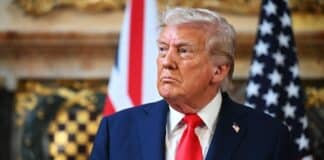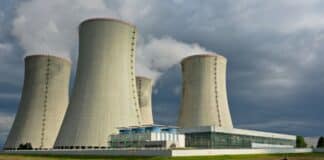President Trump and U.K. Prime Minister Keir Starmer announced a new trade deal at the G7 summit in Kananaskis, calling it “fair to both sides.” The pact reduces U.S. tariffs on British cars and aerospace products in exchange for market access for American goods, though critical details on steel and aluminum remain unresolved.
The agreement cuts U.S. tariffs on the first 100,000 U.K. car imports from 27.5% to 10% and eliminates a 10% levy on British aerospace products—benefiting companies like Rolls-Royce. Trump called it “a fair deal for both, and it’s going to produce a lot of jobs, a lot of income.” Starmer echoed the sentiment, calling it “a real sign of strength” for both nations.
However, steel and aluminum tariffs were not fully resolved. Negotiators agreed to duty-free quotas dependent on the U.K. meeting U.S. supply chain security benchmarks. Final figures are expected in upcoming talks.
The deal also expands American access to British markets for beef and ethanol. The U.K. maintained its ban on hormone-treated beef, leaving some agricultural concerns unresolved. Regulatory alignment and digital taxes are still on the table, as both sides aim to extend the pact beyond its initial scope.
Despite a brief misstatement where Trump referred to the deal as one with the European Union, both leaders positioned the agreement as a strategic success. The accord is expected to reinforce post-Brexit U.S.–U.K. ties and deliver economic benefits to key industries on both sides of the Atlantic.
Conservatives hailed the agreement as a win for American workers and manufacturers. They point to reduced tariffs, strengthened bilateral trade, and a renewed focus on supply chain integrity as signs of effective leadership.





